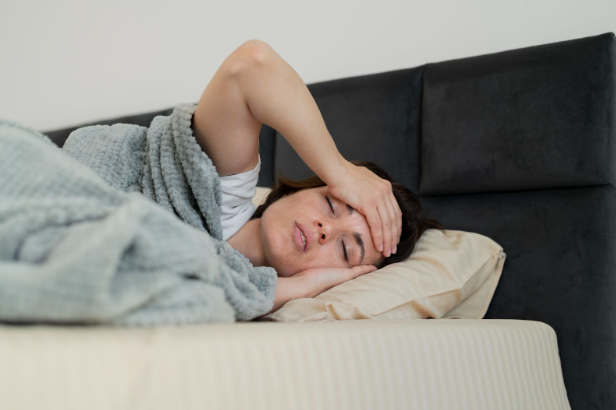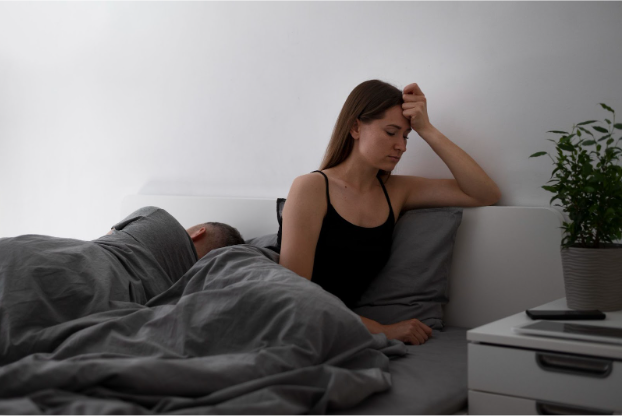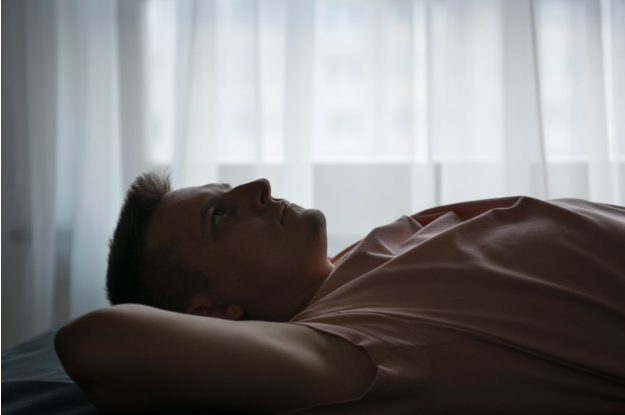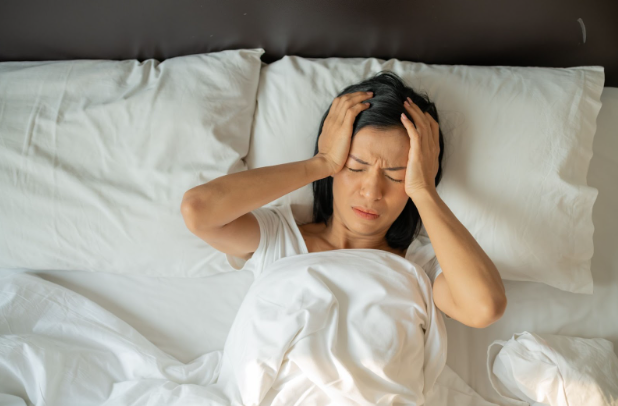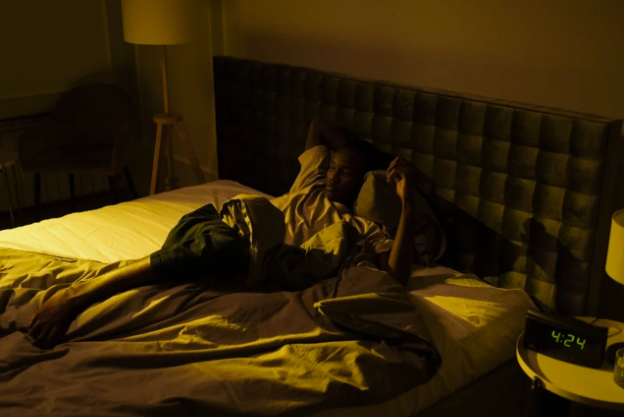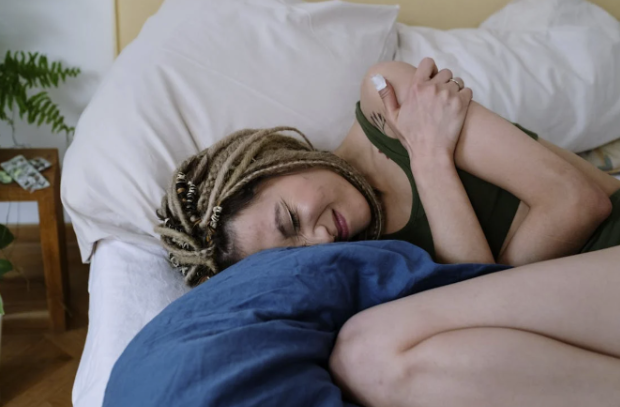
- Insomnia, Psychiatrist in Pacific Beach
- 0 Comments
Brain health plays a vital role in how people think, feel, sleep, and function in everyday life. From emotional balance to cognitive clarity, maintaining mental wellness is essential at every stage of adulthood. In today’s fast-paced world, challenges such as stress, anxiety, mood concerns, and insomnia have become increasingly common, making brain-focused care more important […]
Read More
